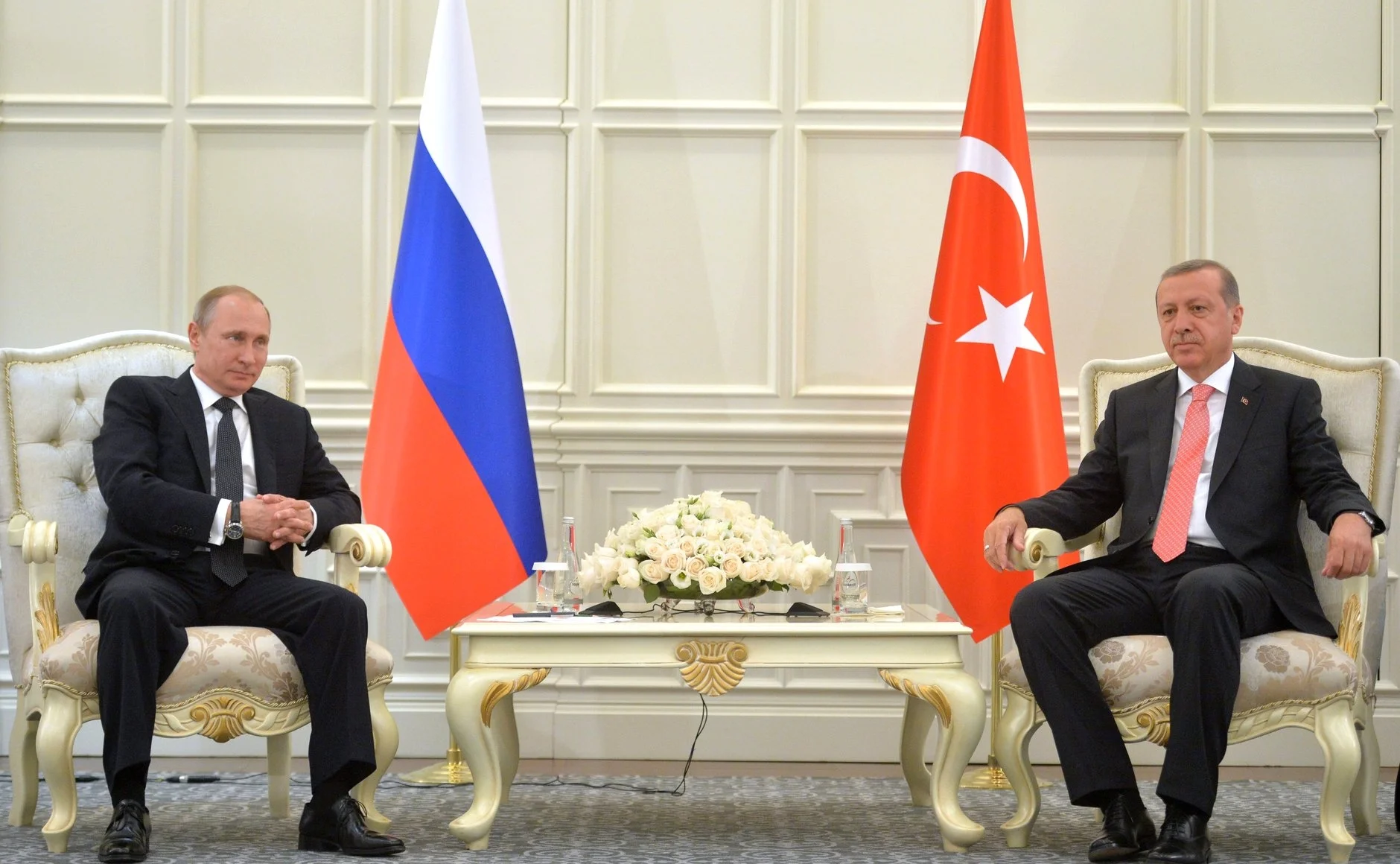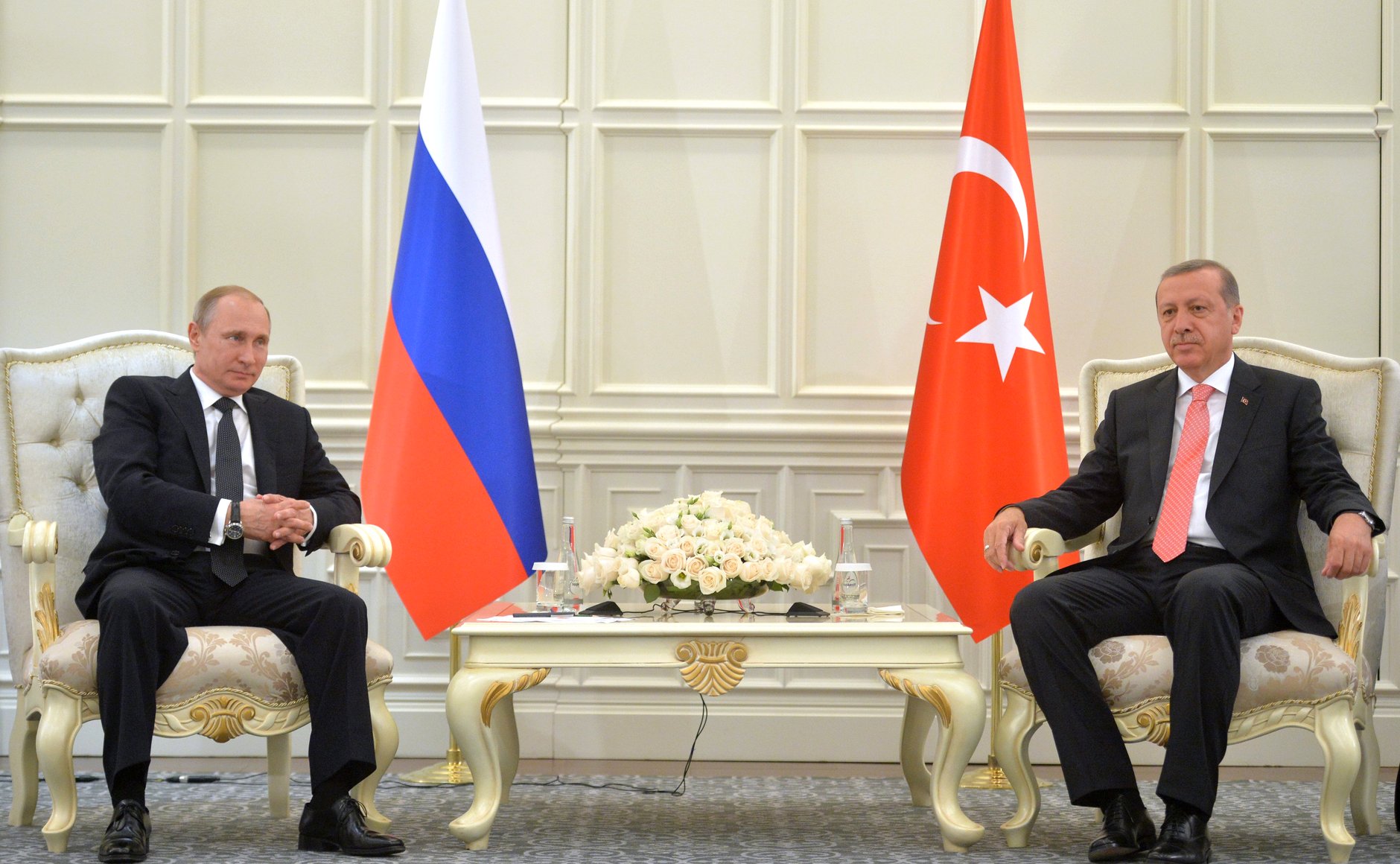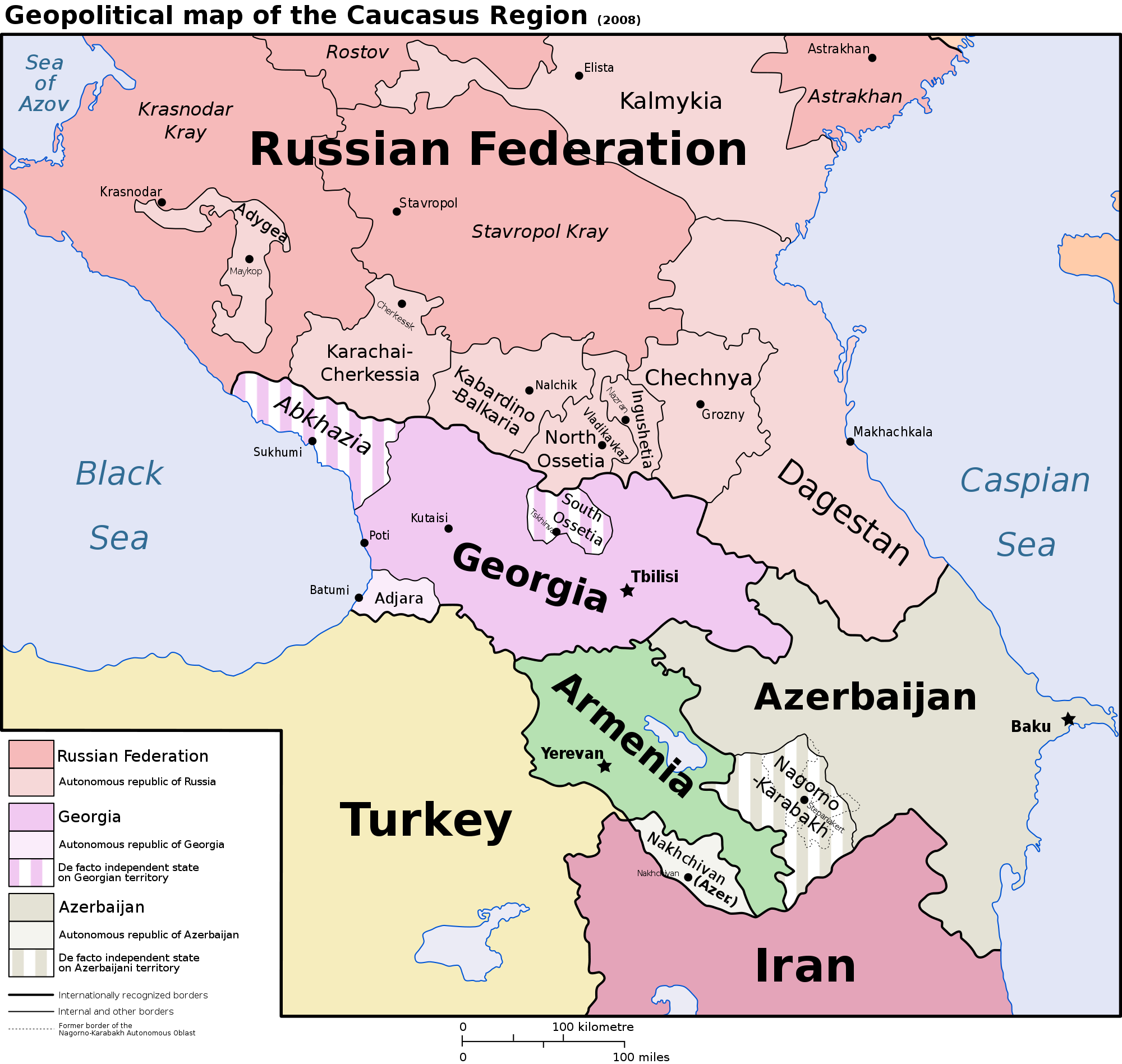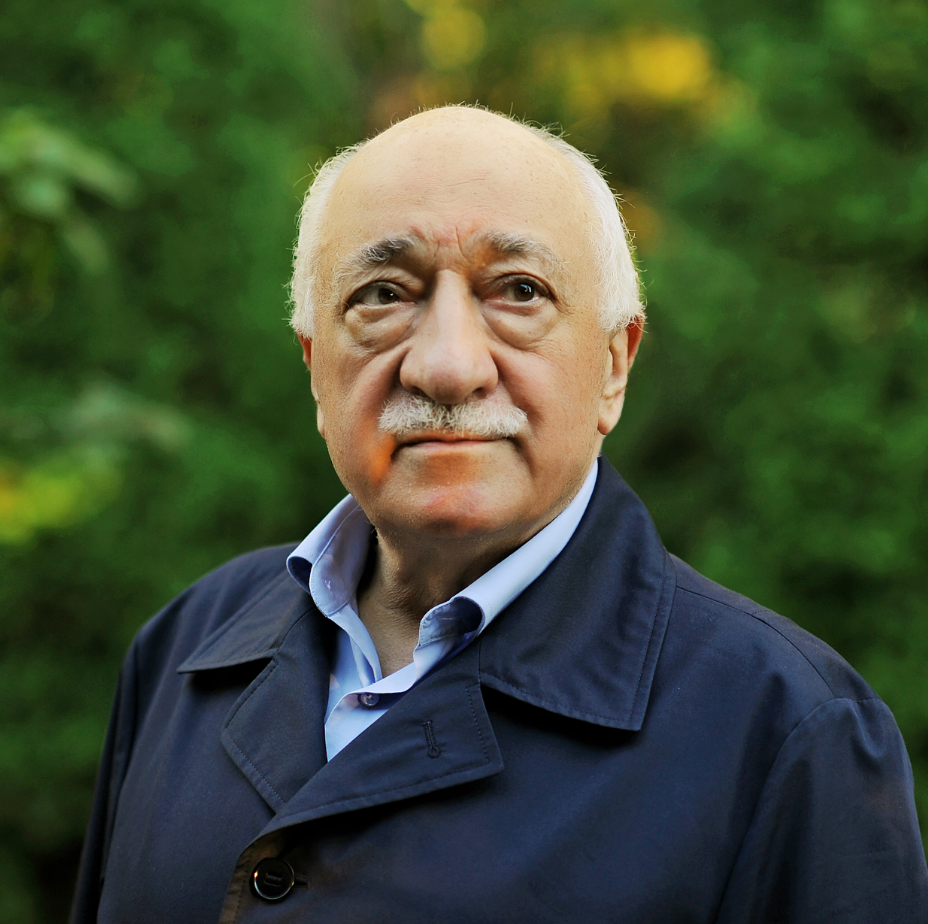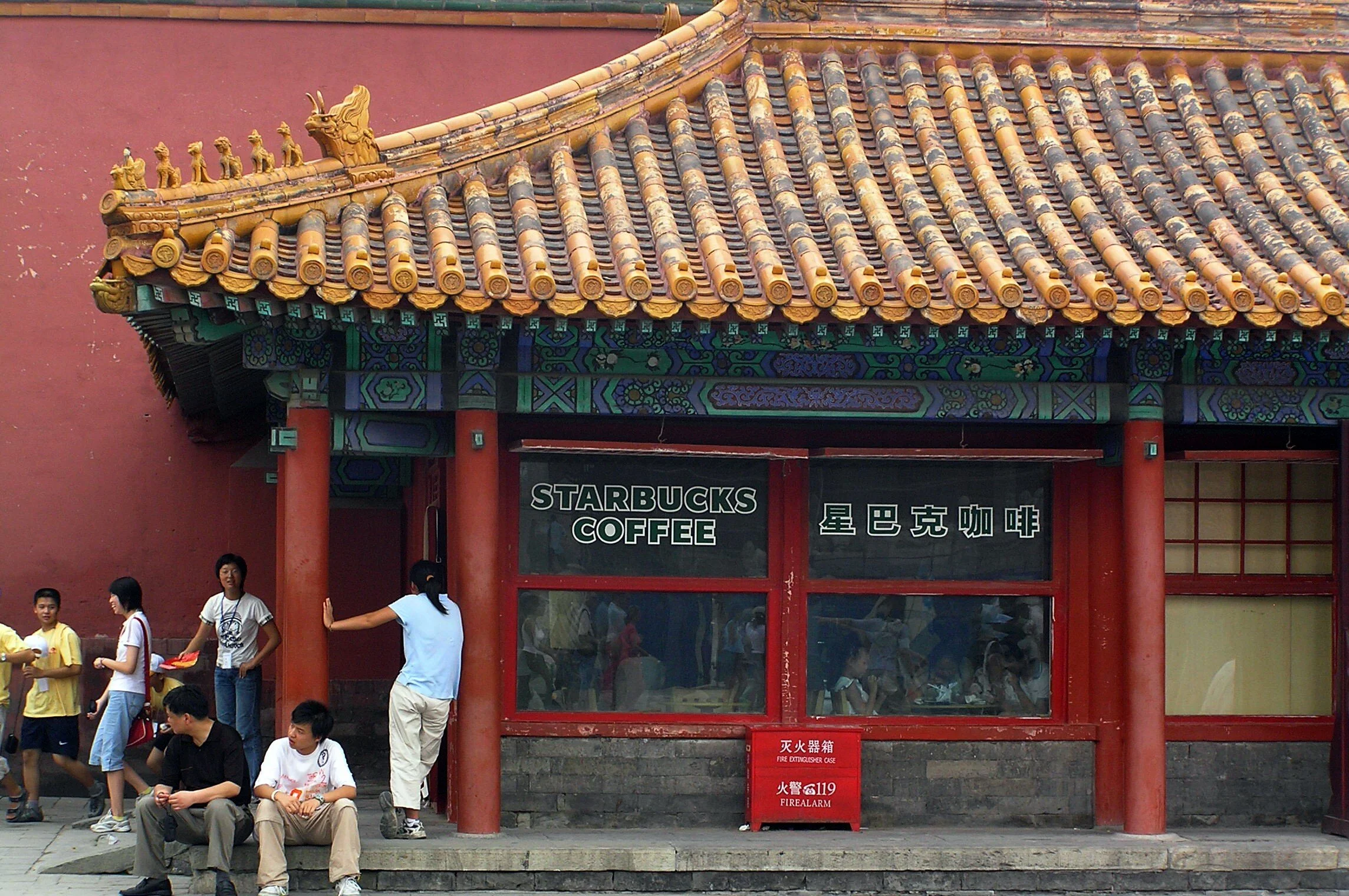Fools Rush In - Taking a Wider View of the Current Russo-Turkish Dispute
The shooting down of a Russian air force jet by the Turkish military on November 24th, and the resulting death of two Russian airmen has sent shockwaves across the diplomatic world. For almost as long as many of us can remember, the idea of conflict between two ‘developed’ nations has seemed very distant, and even now this situation remains extremely unlikely to explode into armed conflict. However, Russia has already upped the tempo by instigating economic sanctions and declaring Turkey to be ‘unsafe’ for Russian tourists, while recommending its citizens not to visit its neighbor on the Black Sea.
The biggest question that has been asked thus far is how this will affect the attempt to coordinate a response against the Islamic State (IS) in Syria. International cooperation between all the stakeholders, especially these two, has proved difficult thus far due to the incredible complexity of the conflict. Russia is firmly on the side of the government of Bashar al-Assad, to whom it has has provided weapons, and for whom it has carried out air strikes, and tends to view all anti-Assad elements as enemies, whether IS or the Western-backed Free Syrian Army (FSA). Turkey, meanwhile, has been virulently against the Assad regime for some time and actively supports the FSA, while appearing nonchalant towards IS and maintaining an extremely complicated relationship with the Kurdish groups on its border, due to Turkey’s own complicated internal dynamics. Russia, which has been attempting to position itself as the anti-IS warrior doing the necessary dirty work that Western countries seem unprepared to do, has even gone as far as to claim that the Turkish shooting down of the jet was tantamount to supporting the Islamic State, with President Vladimir Putin calling it a ‘stab in the back’.
Kurdish fighters in Syria
What doesn’t seem to be being discussed is the historical and political context within which recent events should be viewed. For sure, this incident is a blow for the Western attempt to build an international coalition against the Islamic State, and has stemmed in no large part from the conflict in Syria, but it is really part of much, much larger Russo-Turkish rivalry that goes back centuries and bubbles up again from time-to-time. They share a large number of areas in which they compete, but almost all of it takes place in an area of land stretching from the Aegean Sea to the plains of Central Asia.
The Bosphorus
From the Black Sea to the Mediterranean
A large point of historical contention has been the Bosphorus-Dardanelles Straights, which connects the Black Sea to the Aegean Sea and thus the Mediterranean. This key waterway is a crucial chokepoint, especially for Russian trade and the projection of naval power. Russia has a large landmass with a long coastline, but unfortunately finds that much of this coastline is frozen and cannot be used for sea trade or naval resupply. Therefore, for a country that fancies itself as both a military and economic global power, and as a country that is largely two strips of dense population separated by a vast wasteland of tundra in-between, it has always been strategically imperative for Russia to maintain warm water ports in the Baltic Sea, the Black Sea, and the Sea of Japan. It has fought wars over all three on several occasions in the past, as none of them are especially difficult for a powerful enemy of Russia to blockade. Russia’s recent re-acquisition of the Crimean Peninsula has removed a potential weak link in their sea supply chain, by guaranteeing a continued Russian presence in the Black Sea, but is all for naught if the connection to the Mediterranean is blocked, a fact that has required Russia to spend a large amount of energy focused on its relationship with Turkey.
The Bank of Cyprus in Nicosia
Russia has always been able to find a ready supply of nearby allies and friends to assist them in and around Turkey, ranging from Anatolian-based Christians whom Russia defended against the extremes of the Muslim-led Ottoman Empire that once ruled Turkey, to nations like Greece. Russia shares Orthodox Christian religious connections with Turkey’s ancient enemy, and has assisted the Greeks on several occasions in their attempts to throw off the Ottoman yoke. In recent years, Russia has developed deep economic relations with Cyprus, and investments by Russian-led companies on the island have helped make Cyprus the third-largest investor in Russia. Any dealings with Cyprus are inevitably caught up in the island’s interethnic rivalry, and Russia’s dealings with the Greek Cypriot-led administration and economy of Nicosia are to the obvious detriment of the Turkish Republic of North Cyprus, a lightly-recognized autonomous state that is totally dependent on Ankara for aid.
Into the Caucasus and Central Asia
Moving further east, the complex patchwork of national and ethnic rivalries in the Caucasus provide another ample battleground for the two nations. Armenia, a country that holds a significant historical grudge against Turkey, anchored in the extermination of 1.5 million people during the Armenian Genocide of 1915, has received significant military and financial aid from Moscow over the last decade and a half. This aid helps to redress the emerging imbalance with Armenia’s enemy Azerbaijan, with whom they fought a long conflict over disputed territory from 1988 to 1994, and who is a close friend of fellow Muslim nation Turkey.
The imbalance mentioned earlier comes from the continued revenues Azerbaijan has been generating from its hugely successful petroleum industry, mostly shipped through a pipeline that terminates and then distributes to the Western world at a port in Turkey. Another country whom the pipeline travels through, and thus another beneficiary of the revenues, is Georgia, with whom Russia fought a brief war in 2008. This region has been further complicated in the past by the actions of Islamic separatists in the southern Russian regions of Chechnya and Dagestan, groups which Turkey has long been accused of helping to support.
Fethullah Gulen
This geographical journey ends in Central Asia, a region made up of five countries, four of which are ethnically Turkic and share cultural and linguistic affinities with Turkey. The breakup of the Soviet Union in 1991 and the subsequent independence of the nations of Kazakhstan, Uzbekistan, Turkmenistan, and the Kyrgyz Republic, was seen as an opportunity by Ankara to re-establish influence in an area long-dominated by Russia. Moscow, however, unsurprisingly viewed with disdain these attempts to interfere and establish a form of hegemony in an area that it calls its ‘near abroad’ and considers to be a special sphere of influence. Government-led initiatives, such as the Turkic Council, and private enterprises like the Hizmet movement of Fethullah Gulen are openly opposed by Russia, who would prefer to keep the Central Asian nations close, and bring them into their own organizations, like the Eurasian Economic Union.
The Importance of Viewing Events in the Proper Context
In Western circles, this long and ancient Russo-Turkish rivalry is not known much beyond historical circles and it is tempting to view recent events just within the prism of the Syrian conflict. Viewed in this way, it is tempting to question why the two nations would stand-off militarily in a country that for Russia is very far away, and for Turkey is dangerous to get involved in, when there is so much to gain from their mutual economic relations (60% of Turkey’s energy is imported from Russia, Turkey is the biggest foreign destination for Russian tourists).However, viewed through the lens of a centuries-old rivalry, playing out in some of Russia’s most strategic regions, and also through the separate but interrelated lens of American attempts to surround and weaken Russia (Turkey is a key weapon in Washington’s arsenal), it wouldn’t come as a a surprise if there is a strong and determined response from a nation that has been on the brunt of so many historical injustices, and whom has been wronged once again.
Let me know what you think is behind the current crisis on Twitter
Images: Flickr and Google Images
